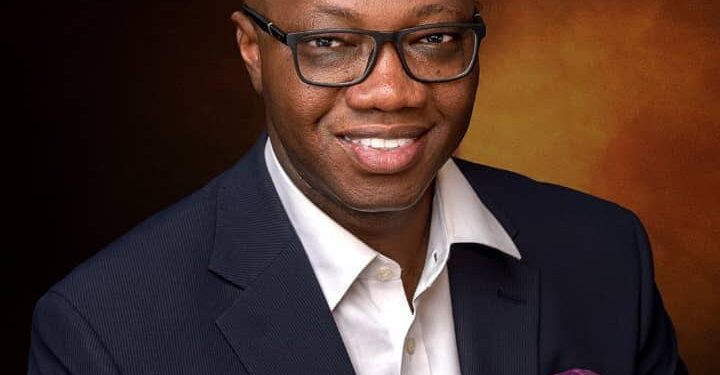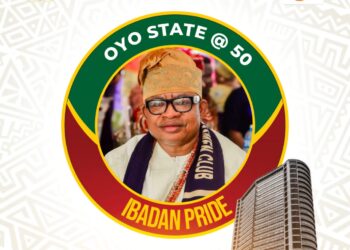It begins with a road—cutting through ancient farmlands toward a future not yet fully imagined. Asphalt, warm under the Ibadan sun, winds past markets, valleys, and memories, until it touches the gates of a half-built industrial park near Ipapo in Itesiwaju Local Government of Oyo State. Trucks idle.

Transformers hum beside solar panels auto-tilting North-westward. Somewhere behind them, the water murmurs low from the Ikere Gorge Dam. You could mistake the silence for inactivity. But to the trained eye, it’s the pregnant hush before emergence. This white silent-noise is conclusive evidence that something is now happening – definitely.
For too long, Oyo’s potential has lived in fragments—good roads without industries at their ends, artisans without access to markets, energetic youth without guided purpose. We’ve laid pipes without planning where the water should flow. We’ve built houses without the jobs to make them homes. Yet what if these fragments could be woven together—what if the dam powered the agro-factory, the agro-factory fed the SME cluster, the SME cluster birthed a housing estate, and the estate became the anchor for a vibrant, inclusive city? This is no longer theory. It is the architecture of the possible. What if the urban and regional master planning did in fact have a credible philosophy behind it. Take for instance the linkages of the economic hubs of Oyo to Iseyin via Fasola; Ogbomoso to Iseyin via Fapote and Ibadan to Iseyin via Moniya which His Excellency Engineer Seyi Makinde has not executed. Thus unblocking the route to market bottle-neck in those regions, with the Ibadan to Ibarapa axis also coming on-stream. We can now boast inter-connectivity for economic growth and thereafter development and thereafter industrialisation, in a step-wise sustainable manner. Nothing done for optics only, but re-igniting soul of our economic juices for the economic growth of our people, who were once famous for what we did with our brains, our hears and our hands.
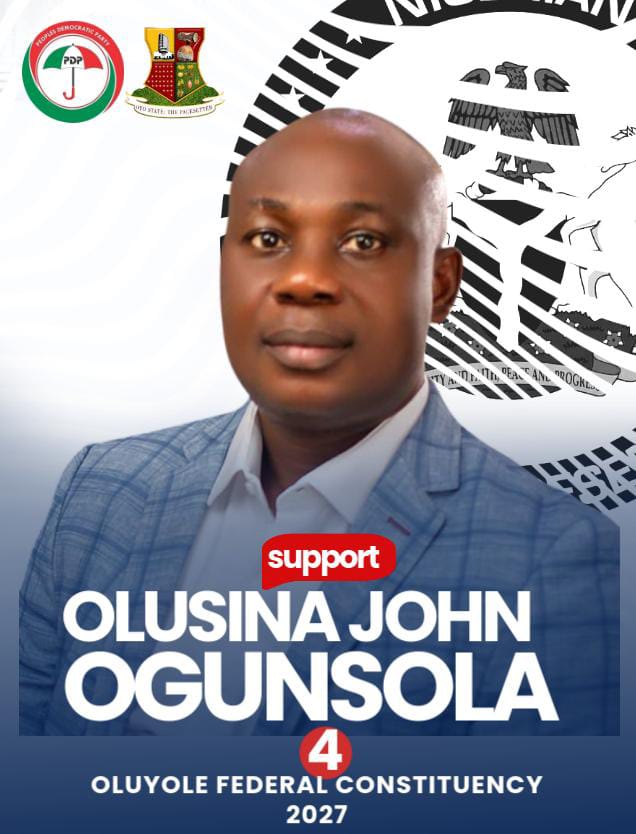
I tend to digress to bring in Singapore, a small island nation who forged prosperity from disciplined governance and strategic clustering. In case that example is over beaten and too far away, what of Rwanda, a post-conflict state who turned ethics and order into economic revival. In Oyo, we too have begun to lay the same bricks: with digital land reforms and model road networks; with youth skill hubs and biometric transparency; with the Ikere Gorge Dam whispering of kilowatts to come. And who wouldn’t just love the Engineer Seyi Makinde now turned His Excellency, Governor Seyi Makinde, as the road to Ikere Gorge is being fixed very silently but resolutely and on schedule. Speak about noiseless impact making!One Engineer unlocking an engineering wonder that could re-engineer Oyo state’s economic future for centuries to come.
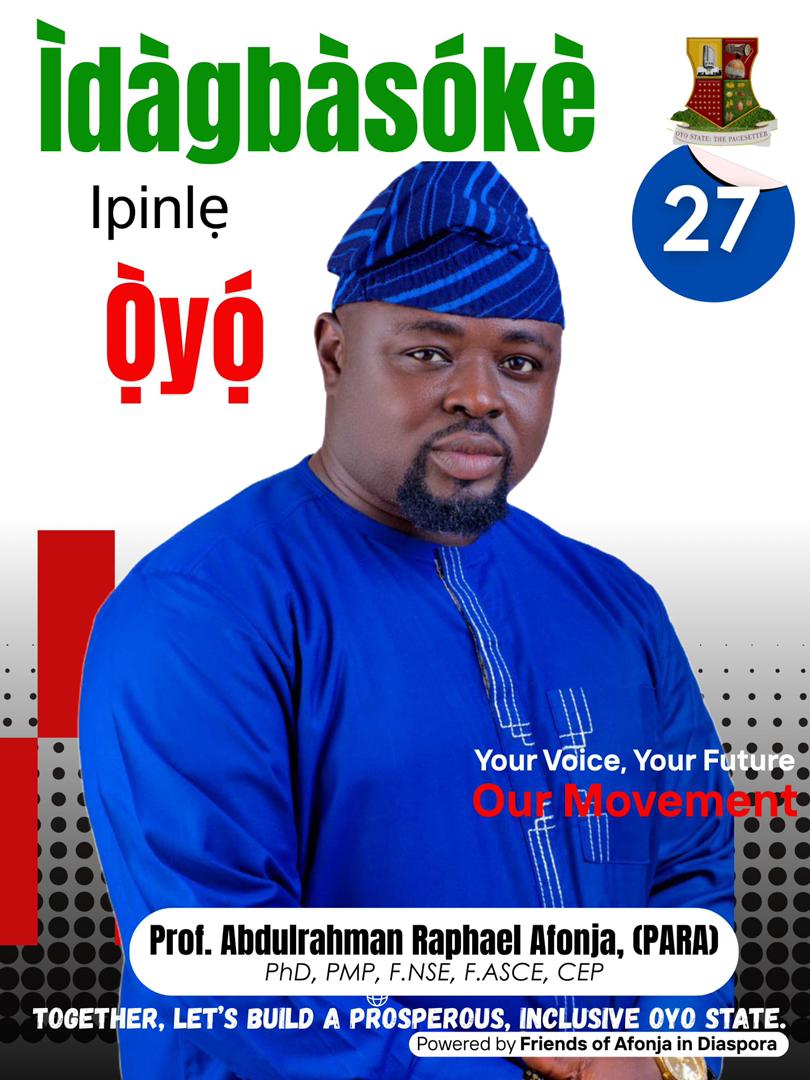

We’re seeing other signs: estate rooftops rising in Bodija and elsewhere; cultural festivals drawing tourism into Oke-Ogun; cooperative savings schemes flickering into existence in Igboora. This is no longer a disconnected story. It is a developing ecosystem.
The real challenge is orchestration. Power alone does not industrialise a state—but when aligned with artisan hubs, processing centers, and export corridors, it does. Housing alone won’t transform communities—but when planned beside job clusters, tech labs, and safe transport, it can. Culture, once treated as nostalgia, now becomes intellectual property; when exported as Egungun Festival, black soap, woven cloth, festivals, and hospitality. Tourism meets enterprise. Craft meets commerce. Identity becomes economy.
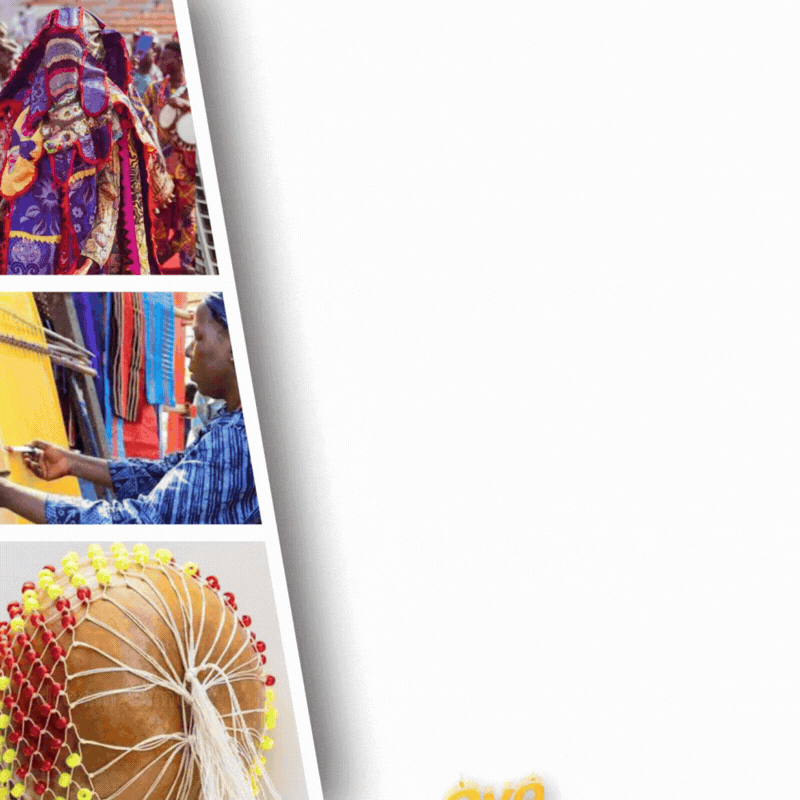
In the heart of this vision is a worker, any worker, or all workers —not merely a labourer but a builder of futures. His/Her savings, when pooled and safeguarded, can finance micro-industry, buy shares in housing cooperatives, or seed start-ups. Like Singapore’s provident funds, the wealth is not out there—it is in us. Why? We have our own wealth fund. Our workers are not just participants; they are funders of the industrial dream. Their voices must be counted in every fiscal plan.

But what holds this vision together is trust. Trust that land titles are secure. That procurement is fair. That leadership is ethical and accountable. That innovation won’t be punished by bureaucracy. These are not soft values; they are the steel bones of serious economies. Singapore didn’t rise on efficiency alone, it rose on integrity. Rwanda did not rise on Ideology alone, it rode on forgiveness and fairness. So must we. This is why leadership reform and anti-corruption aren’t moral luxuries, they are industrial imperatives.
The vision ahead is not of scattered estates or ornamental projects. It is of intentional clusters: where women weld solar panels in Ogbomoso; where youth design mobile payment tools in Saki; where artisans sell indigo-dyed cloths from Oyo Town to tourists and digital markets abroad; where factories rise in Igbooara beside farms that feed them. Where culture is not frozen in museums but monetised through strategy. A child born in Fiditi should be able to grow up within ten kilometers of education, work, power, and housing. This is not a dream. It is a system.
Legislation, often ignored, becomes the nervous system—enabling land acquisition, fast-tracking permits, offering tax holidays, and de-risking public–private investments. In this system, the Assembly is not just a chamber—it is a control tower. Every delay in lawmaking is a factory unbuilt. Every ambiguity is a job lost.
We do not lack resources. We lack connection. We do not lack brilliance. We lack scaffolding. Yet the scaffolding is coming into view. Already, we see the early sketch of a state becoming a machine—ethical, youthful, heritage-powered, data-informed, and export-oriented. The seeds have been sown through thirteen chapters—each offering a principle, a model, a warning, or a flame. What we now need is combustion.
This is perhaps another reason why conversations around succession and sustainability of innovation, creation and longevity of institutional constructs that sustain the legacy of the Governor Seyi Makinde Administration, who has been ingenious in creating economic architecture, and engineering a new future which have long plagued Africa in other places, must be built on Competence, Chemistry and Character. In the case of Oyo State. The exemplary foundation laid by the government of the day would only support such an edifice. Any other superstructure will fail no matter what political structure supports it, potentially resetting our people to ground zero.
Accordingly, let us as a people no longer speak in fragments. Let us begin to move as a single ecosystem—each road, each dam, each woman, each artisan, each house, each law—moving in rhythm toward a singular outcome: industrial prosperity, homegrown and human-shaped. Shaped in the form of one united State of Oyo. This is how a vision becomes a system. And how a system becomes the future.
Amofin Beulah Adeoye, July 2025
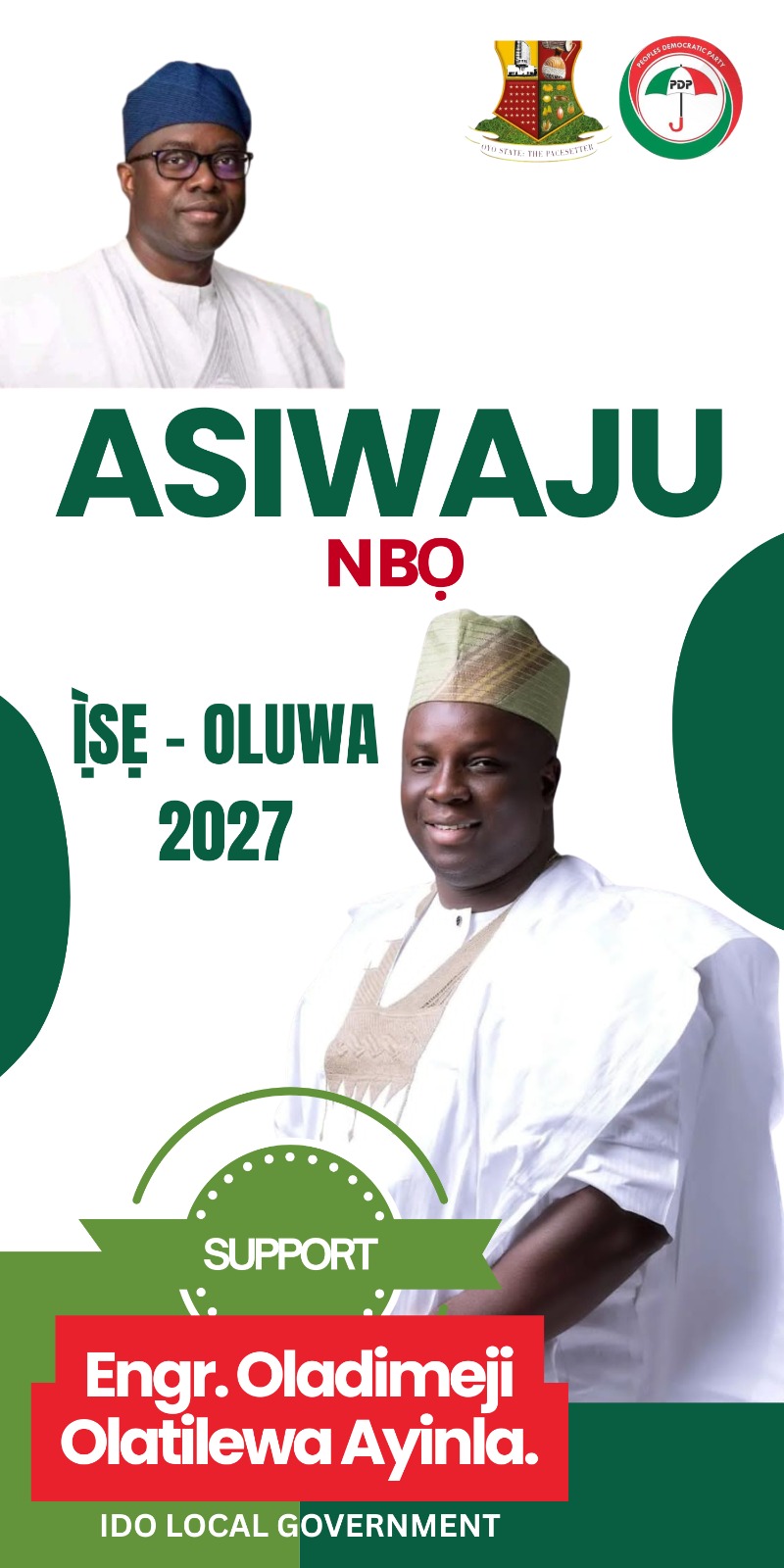

You can get every of our news as soon as they drop on WhatsApp ...To get all news updates, Join our WhatsApp Group (Click Here)



